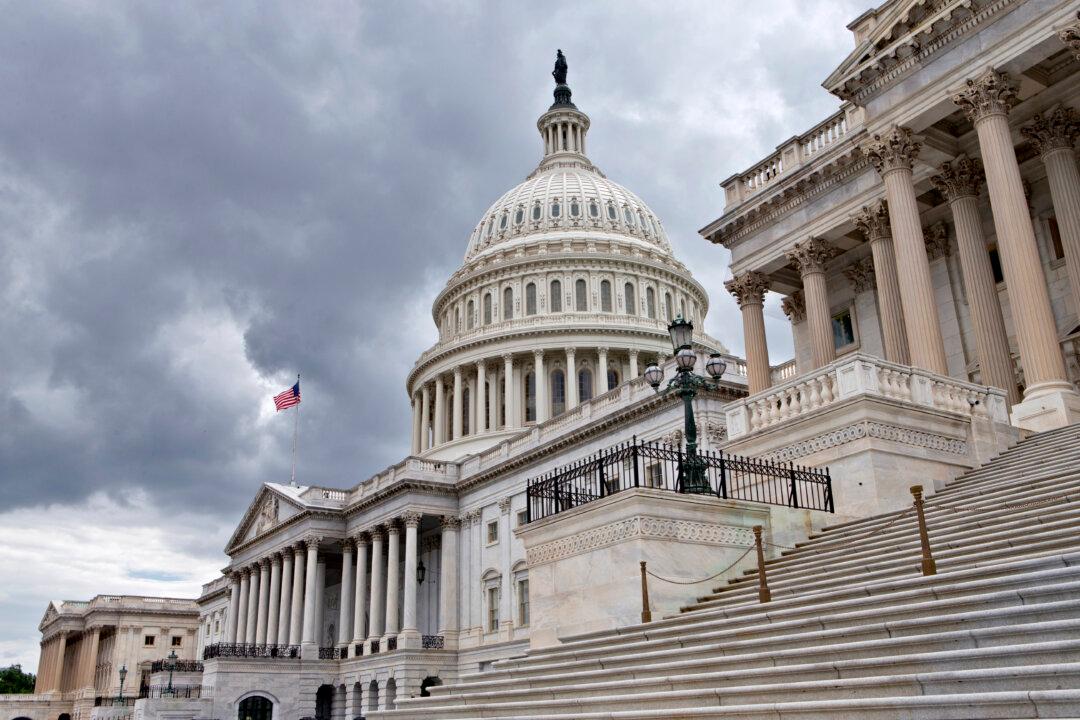Commentary
At the outset of the Civil War, Abraham Lincoln lamented the Southern states’ rejection of his election and insisted that ballots are “the rightful, and peaceful, successors of bullets.” But, as Lincoln discovered, ballots are only as good as the trust citizens have in the constitutional structure that supports them.





